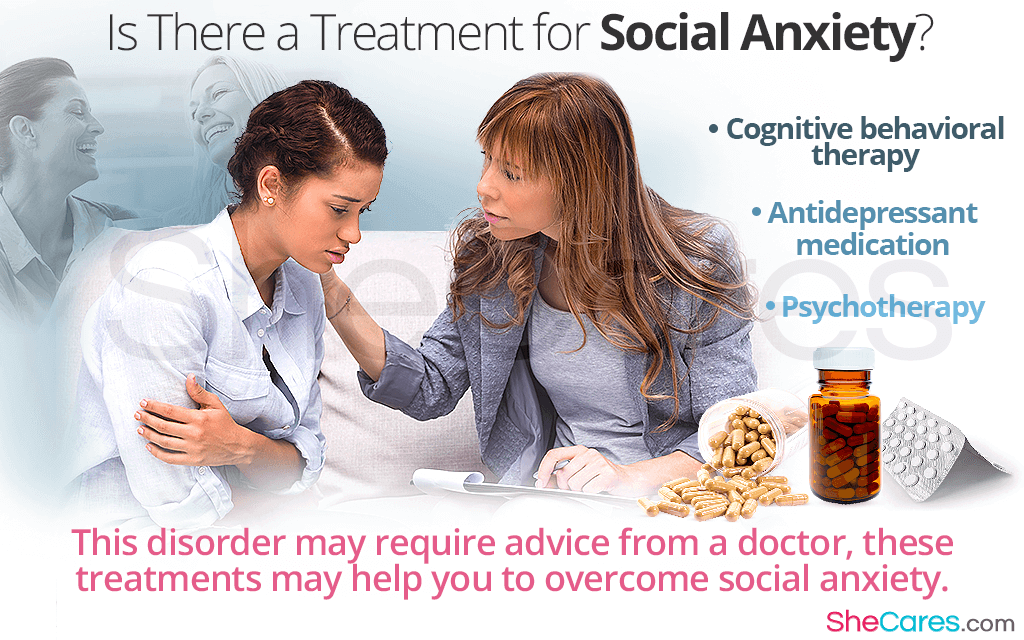This disorder has prompted much attention from mental health experts, particularly due to the many claims that it is merely the “medicalization” of a normal experience that should often be expected. Scientific research has confirmed; however, that social anxiety disorder is a genuine medical condition, which can necessitate treatment in some sufferers. Read on to find out the answers to some of the most common questions women have about social anxiety.
Can Social Anxiety Disorder Stop You From Leaving the House?
Social anxiety disorder can be experienced differently by different sufferers. In mild cases, it can cause moderate stress and worry concerning meeting new people, being in a big group, and interacting in day to day situations. In those who are less fortunate; however, the condition can be so severe that they feel unable to leave the house. This can clearly inhibit them in life, affecting schooling, work, relationships, and general social functioning. They suffer from an underlying fear of being judged or humiliated when out and about.
What Are the Main Symptoms?
The disorder can manifest in a number of different ways; some symptoms can be obvious to other people, whereas others might remain concealed. Common social anxiety symptoms include:
- Dreading conversation or interaction with others
- Excessive self-consciousness
- Fearing judgment or criticism
- Avoiding social activities
Each of these sentiments can present themselves outwardly in the form of blushing, sweating, or trembling, which will unfortunately only serve to exacerbate the situation.
Is There Treatment for Social Anxiety?
Overcoming social anxiety can be a long and difficult road, but with some persistence and commitment it is possible to do so. There are steps that can be taken on a personal level, such as trying to slowly increase your exposure to social activities, and attempting to practically evaluate your fears with a view to deprioritizing them. Oftentimes, the disorder may require advice and support from a doctor. Medical social anxiety treatments might be:
- Cognitive behavioral therapy (CBT). This entails talking to a specialist about your condition, and appropriately separating and processing different problems.
- Antidepressant medication. Some prescribed drugs can be suggested for its ability to elevate mood, thereby reducing anxiety and stress.
- Psychotherapy. It can be advisable to talk to a therapist about your condition, in order to get to the root of the problem and potentially resolving it.
How Can I Talk to People about Social Anxiety?
One of the most effective self-help methods of social anxiety support, is to talk to those whom you love and trust. While the very nature of the disorder means you might not feel physically able to voice your feelings to others, hopefully most sufferers will have at least one person they can go to - whether this be a sibling, parent, close friend, or partner. Ideally it is recommendable to talk to a doctor about the disorder; however, it might take some time to build up to this. Having said this, there are a number of medical helplines that can be useful, which are often appreciated because of the opportunity of anonymity.
This difficult condition typically begins around puberty, and can affect sufferers well into their adult life. Improving your knowledge about it can help you to learn to be more sensitive when encountering others with social anxiety, in addition to informing you about what it entails should you ever face it.
